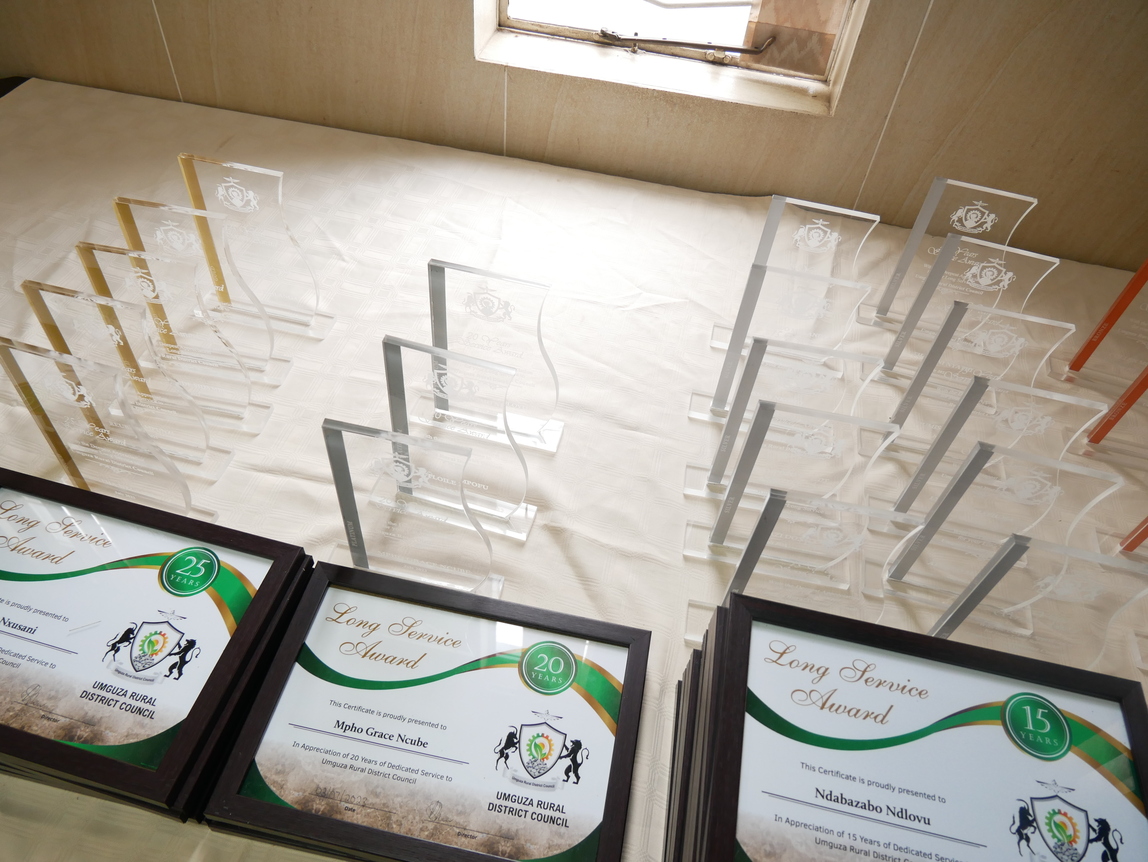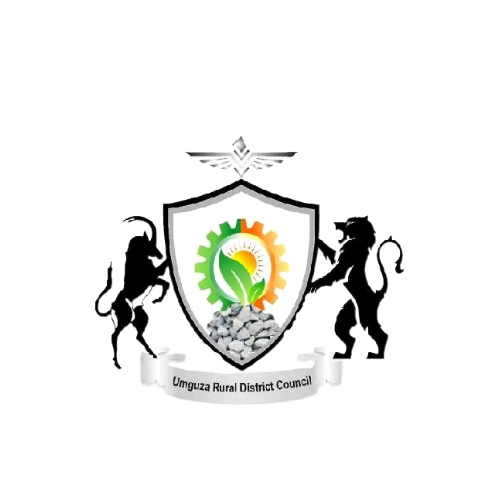About

Umguza Rural District Council
Umguza Rural District Council was established through an Act of Parliament Rural District Council (Chapter 29:13) and is regulated through the same Act, as a Local Authority.
Location
Umguza Rural District Council is found in the southern part of Zimbabwe. It is one of the seven administrative districts in Matebeleland North province. It also forms part of the sixty one Rural district councils in Zimbabwe. It is located in the South West of the country, and is surrounded by a number of tourist attractions. Its area surrounds the City of Bulawayo. It is bounded by Matopo and Umzingwane Districts in the South East, Bulilima and Tsholotsho in the west, Kusile and Bubi in the North.
Geographic profile
The total area of Umguza is about 837 478 hectares, part of the land is administered by the central government. The forestry area protected and administered by the Forestry commission occupies a total of 92 512 hectares.

A hub of Excellence for Gender Mainstreaming
in Local Government.
Population size
The population was estimated to be 113265 in 2022 with a projected 3% annual growth rate. About 28358 households comprise the district and the highest population being in wards 16 and 2. In addition Umguza Rural District Council dates back to the 1970’s when it was called Bulawayo-Esigodini rural district council and Esiphezini District council. In 1993 it was now known as Umguza rural district council after the amalgamation of Nyamandlovu Rural Council and Bulawayo –Esigodini Rural District Council. The head offices of Umguza Rural District Council were located in Bulawayo as Bulawayo is a focal point is accessible to residents from all the corners of the district and was chosen as the best location for council financial activities, is also connected by transport network like roads and railway lines. It is in the region 4 in Matabeleland North province on the Zimbabwe map characterised by high unemployment. Farming dominates all the economic activities of the council. The district is characterised by four forms of tenure namely forestry areas , communal lands ,resettlements ,large and small scale farms .Cattle ranching and maize production are the major farming activities and also there is market gardening at Nyamandlovu aquifer area . There is abundant wildlife in the commercial farming areas and also ostrich rearing at Mimosa Park. The council also owns peri-urban areas such as Kensington, Douglas dale, Range more and Montgomery. There is not much mining in the district and three quarters of the industry is agricultural with greater proportion in commercial farming. Most of large scale farms were turned into small scale resettlement areas or into semi communal resettlements.
Umguza rural district council’s main activities include provision of land for various uses like housing, manufacturing, businesses and schools. Umguza boast of being a strong industrial base with cement (PPC) and bricks (MacDonald Bricks), the district provides raw materials to these industries like river and pit sand.
Till 2015 Umguza RDC was under the Ministry of Local government, Urban, Public Works and National Housing, however the creation of the Ministry of Rural Development, Preservation and Promotion of Culture and Heritage evolved the activities of URDC just like any other 60 RDCs in Zimbabwe, considering the fact that since 1980, all combinations of ministerial portfolios with the culture function have looked like hesitant efforts at recognising the huge task of facilitating the preservation, promotion and presentation of national cultural heritage as a critical facet of national development. And over the years, the major challenge in the development of a coherent national strategy for comprehensive cultural development has been the scattering of several cultural functions in several ministries without a firm platform for the harmonization of policy actions, strategies, legislations and regulations, responsible for creating an enabling environment and conditions for growth and development of the cultural sector.
Developing a common stand by those who hold leadership positions in different administrative structures dealing with the culture functions scattered in different ministries has just been as difficult as the creation of a forum for public agencies dealing with culture in developing synergies and collaborations in identifying and dealing with challenges being faced by the cultural sector.
-
00
Population
-
00
Area in Sq meters
-
00
Forestry Area
-
00
Wards
© Copyright 2023 by Ladsafrica.co.zw
